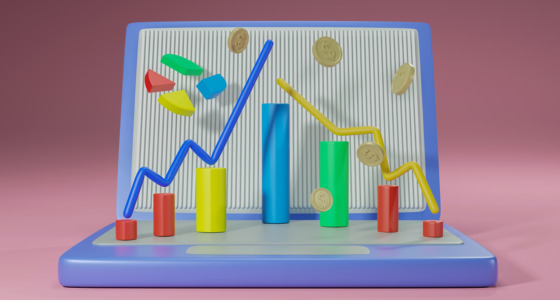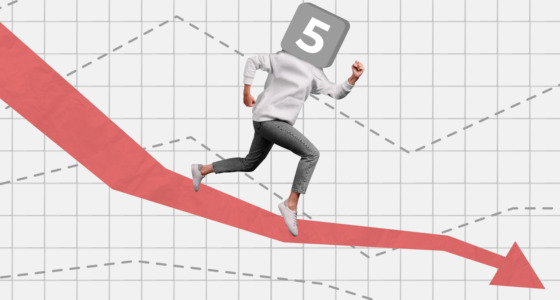

Timeframe. Basic features.
A timeframe – is a period of the price movement. For example, if a trader uses a Japanese candlestick chart and a 1-hour timeframe, each candlestick will represent what’s happening with the price during this hour. Each new candlestick will start with the beginning of a new hour etc.
Choosing the correct timeframe for trading is one of the main things in the whole strategy. Especially if this strategy is based on technical analysis. The thing is that investors are not interested in the chart movement. They are looking for a so-called fair asset price. If they see that the price in the market is too low, they will buy the asset, considering that the market will remove this imbalance between the present price and the fair price. Time doesn’t mean much.
On the other hand, technical analysts are interested in the chart itself and don’t care about the fair price. That’s why the question of time is quite lively. The timeframe that the analysts choose for making decisions for opening trades is called the working timeframe. There are always senior timeframes, which are longer than the working one, and junior timeframes, which are shorter than chosen. Today, you’ll learn how to use all of them.
Working timeframe
Choose the working timeframe according to your strategy and risk preferences. The shorter the working timeframe – the more trades you open – the higher the risks. Short timeframes allow you to trade just several minutes a day without doing deep market analysis. But shorter timeframes are not reliable. Short timeframes are: 1minutes, 5 minutes, 10 minutes, 15 minutes.
Middle-term working timeframes are more reliable but they demand deeper analysis and patience. Most of the traders are not patient. They prefer to open quick trades and risk a lot. They don’t understand the purpose of trading – to get profit and not simply to pay for emotions. Middle-term timeframes are 15 minutes, 30 minutes, and 1 hour.
Long-term timeframes. These are the timeframes which start from 4 hours. Some traders find it challenging and tedious to wait for so long. But everything has its price. Long-term timeframes are the most reliable.
What timeframes are the best for trading? As you’ve just seen, there is no such thing as the best. Some timeframes are appropriate to your trading approach, and timeframes are not.
Senior and Junior timeframes. Three-screen system for timeframe traders.
e three-screen system was developed by famous trader Alexander Elder and described in his book Trading for a Living: Psychology, Trading Tactics, Money Management. This book is fantastic if you want to learn about trading psychology. The idea of the Three-screen system is simple. You choose your working timeframe and look for an entry point. Before you open your trade, you should check two timeframes more – the nearest senior and the nearest junior. For example, if my working timeframe is 30 minutes, the nearest senior is the 1-hour timeframe, while the nearest junior is the 15-minute timeframe. The best situation is when all trends in all timeframes are the same. So, if I want to open a trade UP – the price should rise in all three timeframes and vice versa – for trades down, the price should be in the bearish trend everywhere.
In practice, this doesn’t always work. We may see different possible ways how the price can behave itself. That’s why we suggest the following option: the trend in the nearest senior timeframe should always be the same as in your working timeframe. That’s logical, considering senior timeframes are always more reliable for their juniors. So, if you choose a 30-minute timeframe to trade and get ready to open position DOWN, ensure the trend is also bearish in the nearest senior 1-hour timeframe (the price is falling).
Use the nearest junior timeframe just in case to improve the opening price. Take a peek at the 15-minute timeframe. The trend can be bullish here, but the price may start reaching its resistance line or even bounce from it.
Resume
So now, guys, you learned how to use different timeframes for trading. Do you want to practice? We hope that you do. Open the Binomo platform, and let’s go.







